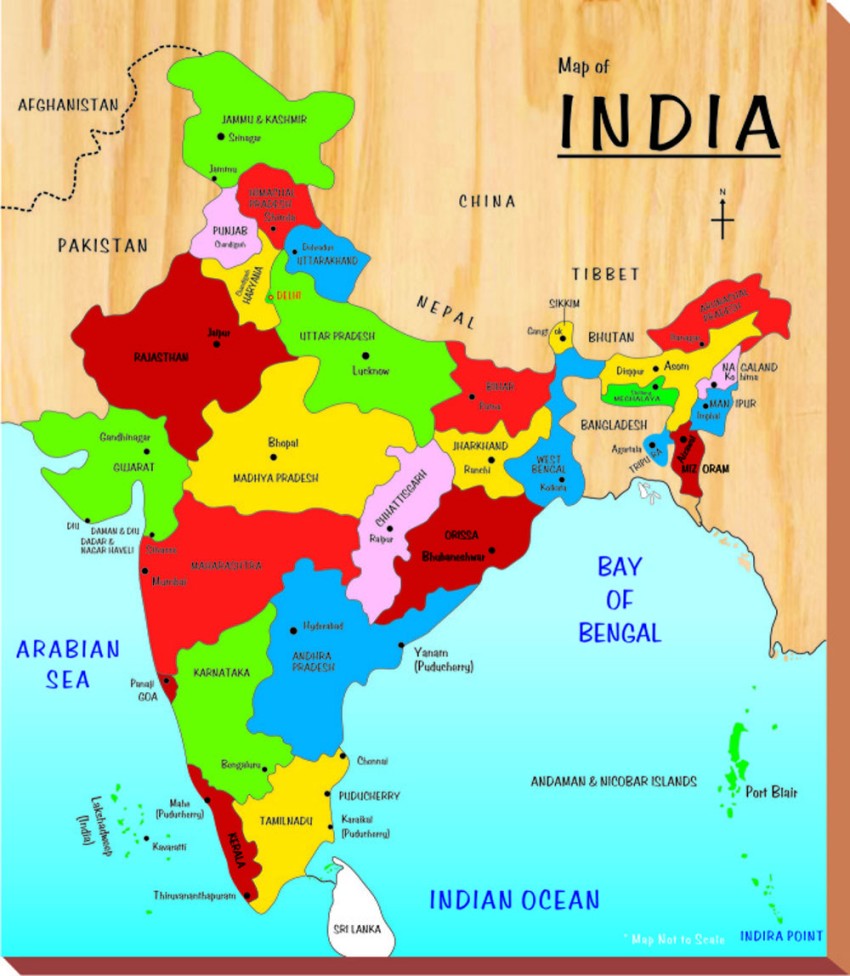India and Pakistan have agreed to a full ceasefire following a series of deadly clashes along the Line of Control (LoC) in Kashmir, which left at least 60 dead and displaced thousands. Despite the truce, both sides reported fresh ceasefire violations early Sunday, just hours after U.S. President Donald Trump announced the breakthrough.
India’s Foreign Secretary Vikram Misri stated that Indian forces responded to Pakistan’s “repeated violations,” while Pakistan’s military said it remains committed to the agreement and is exercising “restraint” in the face of Indian provocations.
Reporters in Srinagar, Indian-administered Kashmir, heard loud explosions, and officials on the Pakistani side of the border confirmed ongoing intermittent fire. Independent verification of the claims remains unavailable.
US Role in Mediation
President Trump announced the ceasefire late Saturday after U.S.-mediated talks. “India and Pakistan have agreed to a FULL AND IMMEDIATE CEASEFIRE,” Trump posted on Truth Social, calling it a victory for “common sense and great intelligence.” He later praised both nations’ leaders for their cooperation and promised to boost trade ties.
Trump also indicated willingness to mediate long-term solutions to the Kashmir dispute, calling for renewed talks between the two nuclear-armed rivals.
Official Reactions and Ground Realities
Misri declared that all military actions on land, air, and sea were to stop from 5:00 PM (1130 GMT) Saturday. He reiterated India’s commitment to defending itself while accusing Pakistan of continued ceasefire breaches.
Pakistan’s foreign ministry echoed a commitment to uphold the truce, despite accusing India of provocation. “Our forces are handling the situation with responsibility and restraint,” it said.
The conflict was triggered by a deadly attack in Indian-administered Kashmir last month that killed 26, mostly Hindu tourists. India blamed the Pakistani-based militant group Lashkar-e-Taiba, which Islamabad denies supporting, instead calling for an independent investigation.
Former Indian foreign secretary Harsh Vardhan Shringla suggested U.S. pressure prompted Pakistan’s cooperation. He hailed India’s “Operation Sindoor” as a successful counterterrorism effort.
Mixed Reactions in Kashmir
In Pakistani-administered Kashmir, locals welcomed the ceasefire. “It’s mostly civilians who suffer in wars,” said Muzaffarabad resident Bilal Shabbir. However, skepticism remains on the Indian side. “The ceasefire is welcome, but we must stay vigilant,” said Srinagar resident Sukesh Khajuria.
Global Reactions and Future Prospects
U.S. Secretary of State Marco Rubio credited diplomatic efforts by himself and Vice President JD Vance. Talks between both countries are expected to begin at a neutral venue.
Pakistan Prime Minister Shehbaz Sharif praised U.S. intervention, while India continues to oppose external mediation in Kashmir.
Analyst Michael Kugelman warned the ceasefire may face hurdles: “India appears to interpret the deal differently than the U.S. and Pakistan. Maintaining it will be a challenge.”
The truce was welcomed internationally by countries including the UK, Iran, and China, with Beijing offering to play a constructive role in preventing further escalation.

